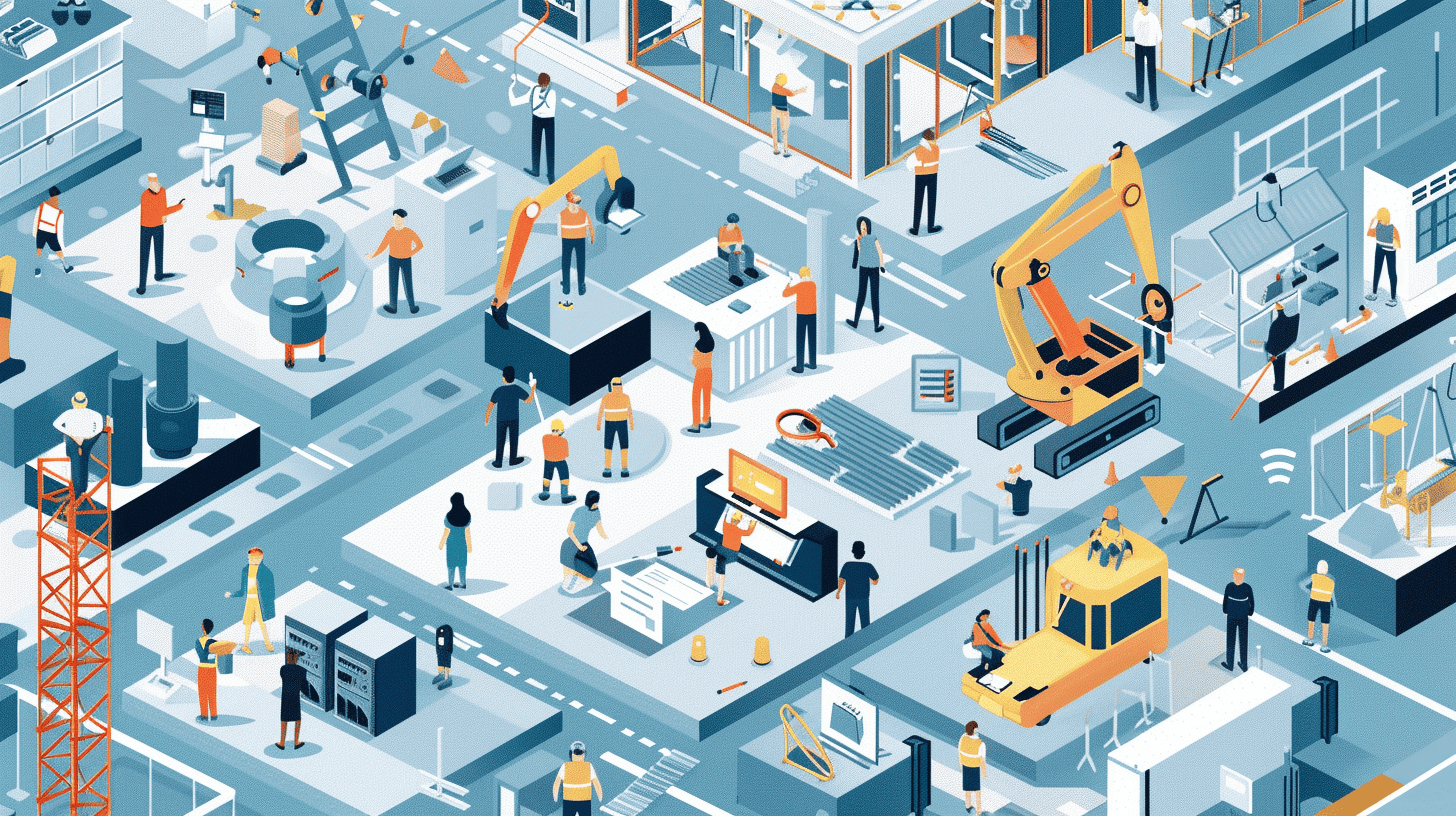
Circularity is becoming increasingly more important. Certain raw materials for manufacturing products, such as precious metals, are running out. In the future, we will not simply throw products away, but reuse these materials to make new products. This forms the basic principle of a circular economy. In the new bachelor’s program, Circular Engineering, students learn how to design production processes in different industries as circularly as possible. Additionally, they will also learn how to design products with sustainability and circularity in mind. A new way of thinking and the necessary technical knowledge and skills should ensure that the future circular engineers will be able to contribute to solving societal problems.
Encouraging students to think further
Students will be challenged by real-world issues. For example, they get to research a circular alternative to disposable sensors in the Intensive Care Unit in hospitals. At the moment, these sensors are thrown away after one use for hygienic reasons, while parts of the sensors are perfectly recyclable. During the study, students look into major social issues. Such as the energy transition and making food production more sustainable. For example, students look for biotechnological ways to grow vegetables more efficiently and sustainably. The transition to circular products and production processes is happening across all sectors.
The program caters to these broad social developments by offering three graduation profiles. This means that students can specialize in three different technical areas during the program, namely Circular Chemical Engineering, Sustainable Biotechnology and Engineering Physics of Sustainable Manufacturing. Gerard van Rooij, professor of Plasma Chemistry at Maastricht University (the Netherlands), is jointly in charge of the chemical domain in the new bachelor. He emphasizes that students learn to think beyond the production process or the development of new products. “It’s a wholly holistic approach,” he says.
Van Rooij explains: “Excellent if you do manage to make the production of such a disposable IC sensor sustainable, for example. But where does the electricity for the machines come from? Biomass is not very efficient for generating electricity. Other energy sources are available for that. For one thing, you can use biomass efficiently to make bioplastics. Students learn to think about the whole cycle of products and production processes. They have to constantly consider what the right step is and what consequences it has for the rest of the production process.”
Practice-oriented
The students try to answer these kinds of questions in small project groups. In addition to small-scale tutorial groups, students work on problems from the field in projects for companies or research institutes. Recently, Hanne Diliën, vice dean of the Faculty of Science and Engineering and professor of Organic and Polymer Chemistry, has been busy working on the content of the new bachelor.
According to her, Maastricht University is not unique in its problem-based learning. What is unique is the way in which students are taught. Diliën: “In order to make the transition to a circular economy, engineers are needed who can look at a problem from multiple disciplines and link different insights together. That’s why we don’t train them in just one discipline. Not only are all of the technical aspects important, but also, for example, whether a conceived solution is economically feasible. When they have finished their studies, they can go on to become engineers anywhere in the world, with a much broader scope in terms of circularity. This broadening is special; it isn’t found anywhere else.”
Circular thinking is not something you learn in one project
Van Rooij nods in agreement and adds, “Circularity is of course a huge buzzword. It is still too often seen as an optional subject in degree programs. We do things differently; we make it the basis of our study program. It requires a completely different way of thinking, you don’t learn that in one project.” According to him, the study is also a good way to raise awareness about circular production even more: “The climate challenges are considerable and a huge responsibility for students on their own. If they manage to work with companies to make the building blocks in the industry – including plastics – truly circular, then it can genuinely change things.”
Brightlands Chemelot Campus
The students spend part of their time on the Brightlands Chemelot Campus. This is where they make use of the lab facilities and work with companies on solutions to real problems. One such company that wants to do things differently is Sabic. The chemical company on the campus in Geleen wants to know from the students how they can use methane waste streams more effectively, just to name an example. According to Diliën, not only is a project like this highly informative, but students also get a look behind the scenes of the industry. “At the Brightlands Chemelot Campus, they see the direction the field is taking and actively contribute to it. My time at university was a lot more theoretical. Now students are challenged to apply that theory in practice as well.”
Read more about Brightlands here
Diliën goes on to explain that collaborations with industry on the Brightlands campus are not only motivational, but ultimately ensure that education is also better. “Everyone coexists on campus: students, faculty, researchers and employees from all the companies. You meet in the central cafeteria and there is a lot of interaction. This cross-pollination works in a positive way. I notice a higher level of motivation for their studies among students. Plus employees find students’ insights interesting. While for us, as a university, it is important to hear what is going on from inside the industry. This enables us to keep our educational program up-to-date and improve it. Companies are also seeing the benefits of this more and more: it leads to well-trained employees who are in touch with the region and want to stay in Limburg,” Diliën points out.
Interested in this study? Students can still register until August 1 for the 2021/2022 academic year.








